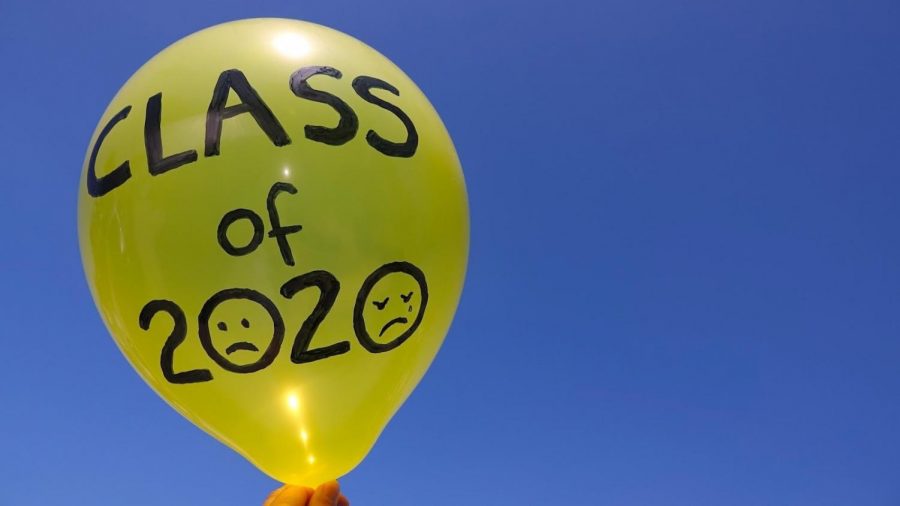NEIU Holds Virtual Graduation Ceremony
An arduous year forced us to change how we celebrate an arduous journey.
December 22, 2020
Northeastern Illinois University held its 2020 graduation ceremony on Sunday, Dec 13. NEIU decided to wait until it was safe to hold an in-person graduation due to the coronavirus pandemic. with circumstances not alleviated, the university grouped the two semesters, fall 2019 and spring 2020, into one graduation. And it wasn’t your typical graduation. It was a virtual graduation. Something most, if not all, have never experienced.
This raised some questions for the folks at The Independent about the origins of graduation that we felt we had to do some digging for.
What’s the deal with the caps and gowns? When did the attire become an official custom?
The clergy founded the first universities in the 12th and 13th centuries. Both the professors as well as students wore gowns and hoods —often black and brown in color— to signify their religious affiliations. With many university buildings being unheated, the gowns were often worn to add an extra layer of warmth. This could also explain why many of the gowns included hoods.
As the centuries wore on and these customs made their way to the states, it became a requirement for students to wear this attire whenever they entered a university.
Shortly after the Civil War, there arose a general distaste for anything British — the gowns having originated in England — as a result, all academic regalia was reserved strictly for graduation.
Caps became popular a few centuries after gowns were first worn. The cap, sometimes called a mortarboard, has a close resemblance to the tool masons use to hold mortar and therefore, worn by artists and students alike.
Students wore the cap to signify superiority and intelligence and it was initially red to signify blood and life.
What’s up with “Pomp and Circumstance”?
Sir Edward Elgar wrote “Pomp and Circumstance” also known as “Land of Hope and Glory” in 1901. A year later poet and essayist Arthur Christopher Benson added lyrics to celebrate the crowning of King Edward the VII. The title originally comes from a line in Shakespeare’s “Othello”: “Pride, pomp, and circumstance of glorious war!”
Elgar received an honorary doctorate from Yale in 1905 where “Pomp and Circumstance” was first played in a graduation ceremony. Shortly afterward, Princeton and Columbia picked up on the catchy tune. It then spread to every high school, college, and university around the country. Now it is rare to attend a ceremony without hearing Elgar’s song.
The Independent wants to hear from you.
Graduation is supposed to be the final page in a long and arduous academic journey. Loved ones come from all over to celebrate the success of the graduate. Due to the ongoing pandemic, that wasn’t possible this year. So we have a few questions for you.
- Was it worthwhile to even have a virtual commencement ceremony?
- Would you rather have had an in-person graduation or is it more rewarding just knowing that you made it through and were able to obtain your degree?
- If NEIU was able to put on an in-person graduation whenever the time seemed safe enough to do so, would you attend despite having graduated six months to a year prior?






